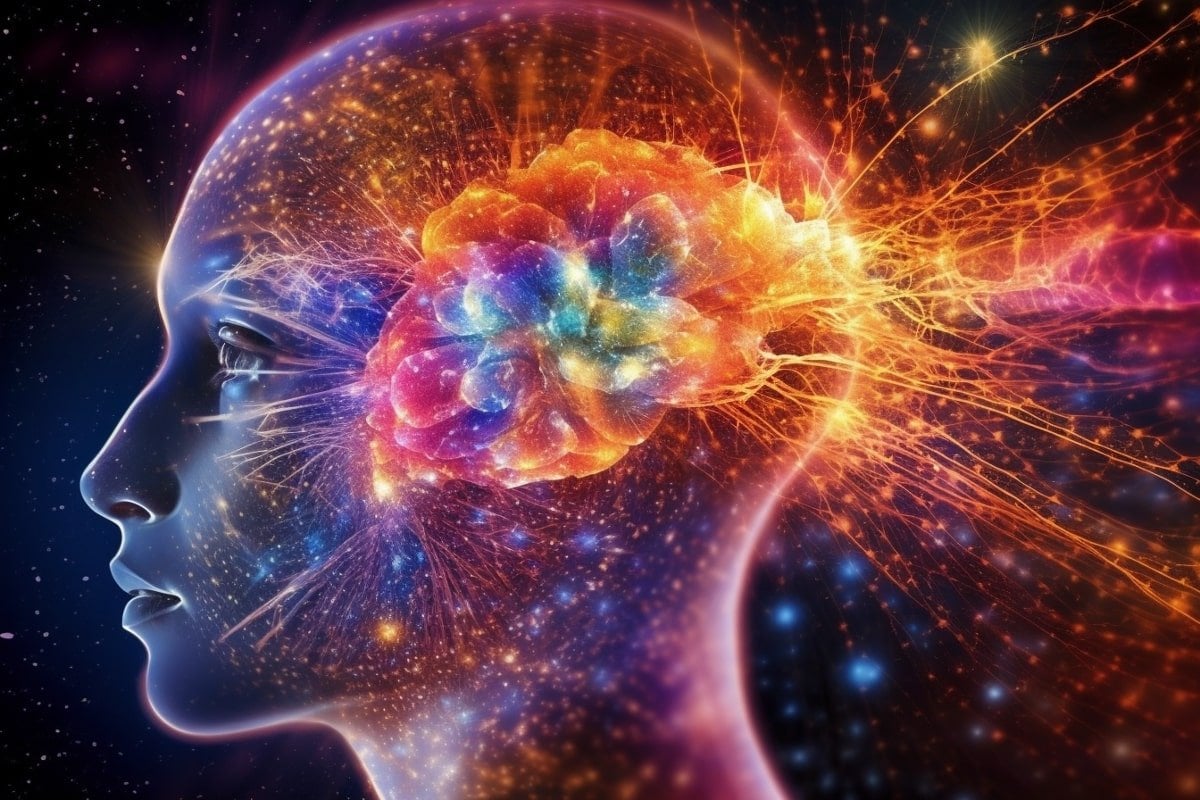Biocentrism, a concept popularized by American biologist Robert Lanza, proposes a radical view that life and consciousness are fundamental to the universe, not just mere byproducts of random physical processes. This intriguing perspective has sparked debates across various scientific and philosophical communities. However, upon closer examination, several aspects of biocentrism face substantial critique and skepticism. This article delves into the core tenets of biocentrism, critically examines its claims, and explores the arguments that aim to debunk this controversial theory.
Understanding Biocentrism: The Core Tenets

Before dissecting the arguments against biocentrism, it’s essential to understand its foundational principles. Biocentrism revolves around seven central tenets that collectively challenge the traditional understanding of the universe, positioning life and consciousness as central to its functioning. These tenets argue against the conventional view of the universe as a pre-existing entity independent of life. Instead, they propose that the universe, time, space, and even the concept of reality are relative and dependent on the observer’s perception.
Lanza’s biocentrism also intertwines with concepts from quantum physics, particularly the observer effect, which posits that observation can alter a quantum system’s state. This intersection has led to interpretations that human consciousness plays a direct role in shaping reality, a viewpoint that has both intrigued and baffled scientists and philosophers alike.
The Quantum Misinterpretation: Where Biocentrism Falters
One of the primary critiques of biocentrism lies in its interpretation of quantum mechanics. Critics argue that biocentrism misappropriates and overextends concepts like the observer effect and quantum entanglement. In standard quantum theory, the observer effect does not imply a conscious observer but rather any interaction that causes a quantum system to ‘decohere’ and adopt definite properties. Many in the scientific community see the leap from this to a consciousness-centric view of the universe as a misinterpretation of quantum mechanics.
Moreover, the idea that consciousness is required to ‘collapse’ a quantum wave function into a particular state has been challenged by alternative interpretations of quantum mechanics, such as the many-worlds interpretation or decoherence theory. These theories suggest wave function collapse can occur without a conscious observer, undermining a fundamental pillar of biocentrism.
Philosophical and Scientific Shortcomings

Biocentrism also faces criticism from both philosophical and scientific standpoints. Philosophically, the theory raises more questions than it answers. For instance, if consciousness is required to create the universe, how did consciousness come into being? This question leads to a paradoxical situation where the universe and consciousness need each other to exist, yet there’s no clear explanation for the initial emergence of either.
From a scientific perspective, biocentrism needs more empirical evidence. While it draws upon established scientific theories, it does not provide testable predictions or empirical data to support its claims. This absence of falsifiability makes biocentrism more of a philosophical or metaphysical conjecture than a scientific theory. In science, an idea is only as credible as the evidence supporting it, and in this regard, biocentrism needs to be revised.
Biocentrism and the Misuse of Relativity
Another point of contention is biocentrism’s application of relativity, especially the notion that time and space do not exist independently of life and consciousness. Critics argue that Lanza’s interpretation is a misapplication of Einstein’s theory of relativity. While it’s true that the measurement of time and space can vary depending on the observer’s state of motion, this does not imply that they are subjective constructs dependent on consciousness.
The theory of relativity has been extensively tested and validated in numerous experiments, none suggesting a dependence on conscious observation. For instance, GPS satellites account for relativistic effects in their timing mechanisms, a purely physical process uninfluenced by human consciousness. This practical application demonstrates that time and space, while relative, are not contingent upon the existence or perceptions of life.
The Role of Consciousness: A Misunderstood Concept

In biocentrism, consciousness is presented as a mysterious, almost mystical entity that plays a central role in the fabric of the universe. However, this portrayal of consciousness is often criticized as needing to be more specific and grounded in scientific understanding. Consciousness, while not fully understood, is generally studied within the framework of neuroscience and cognitive science, which approach it as a byproduct of complex brain processes.
Many experts see biocentrism’s leap to ascribing universe-altering properties to consciousness as speculative. A clear definition or understanding of consciousness in biocentrism is needed to evaluate or integrate these claims critically with existing scientific knowledge.
The Appeal and Pitfalls of Biocentrism
Despite these criticisms, biocentrism continues to capture the imagination of many. Its appeal lies in its radical reimagining of the universe and our place within it, offering an alternative narrative to traditional physic’s often cold, mechanistic view. However, this appeal should not be mistaken for scientific validity. The pitfalls of biocentrism are mainly rooted in its speculative nature, lack of empirical support, and misinterpretation of established scientific principles.
Biocentrism as a Philosophical Perspective
While biocentrism presents an intriguing perspective that challenges conventional thought, its claims do not withstand rigorous scientific scrutiny. It leans heavily on misinterpretations of quantum mechanics and relativity, lacks empirical evidence, and its central role in consciousness remains a philosophically and scientifically contentious issue. Biocentrism is better categorized as a philosophical or metaphysical hypothesis rather than a viable scientific theory. For those interested in the intersection of science and philosophy, biocentrism is a fascinating, albeit controversial, viewpoint that stimulates debate and reflection on the nature of reality, consciousness, and our place in the universe.
Also Read: The Mystery Unveiled: How Did Mr. Krabs Die in SpongeBob?



